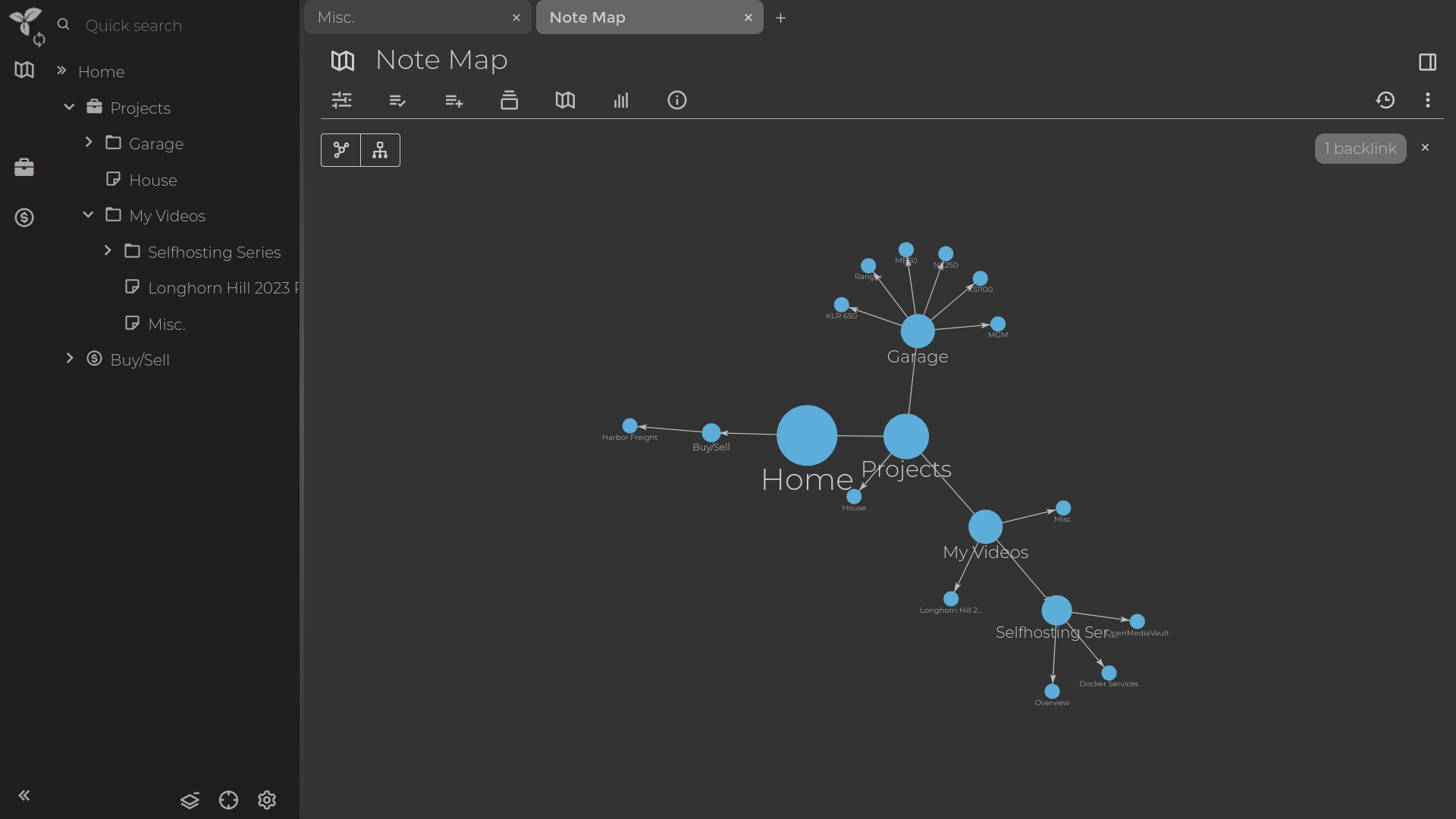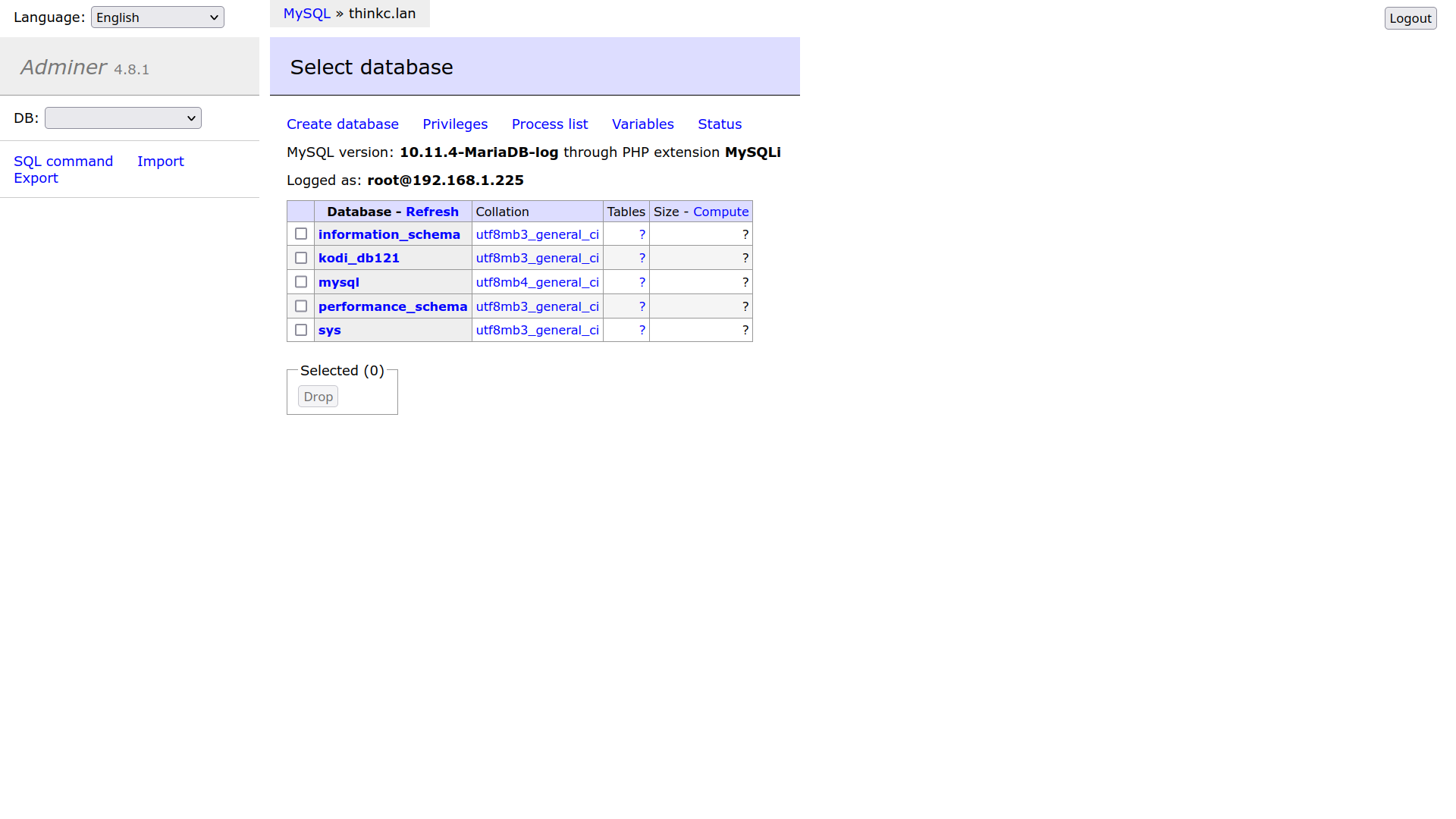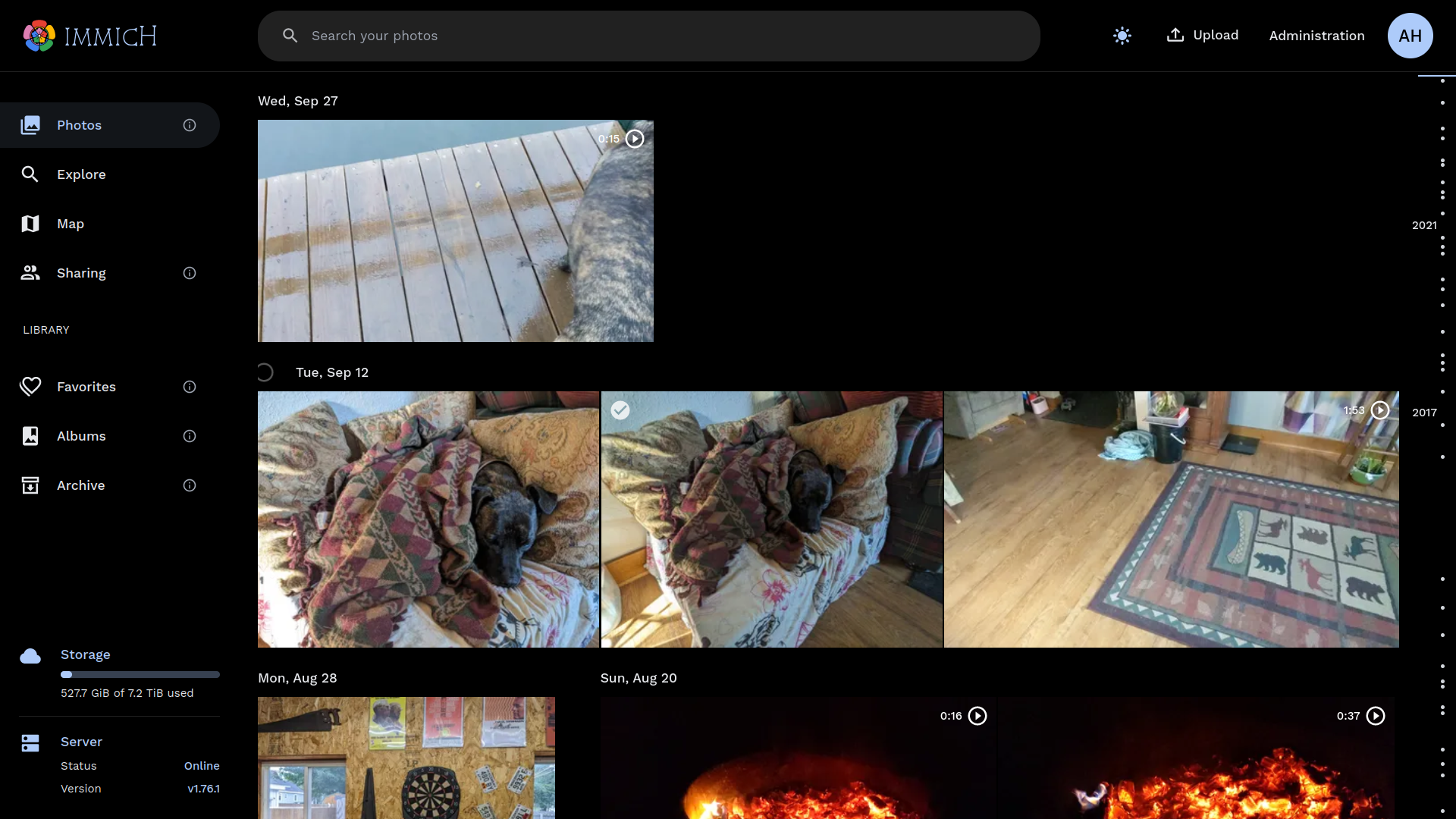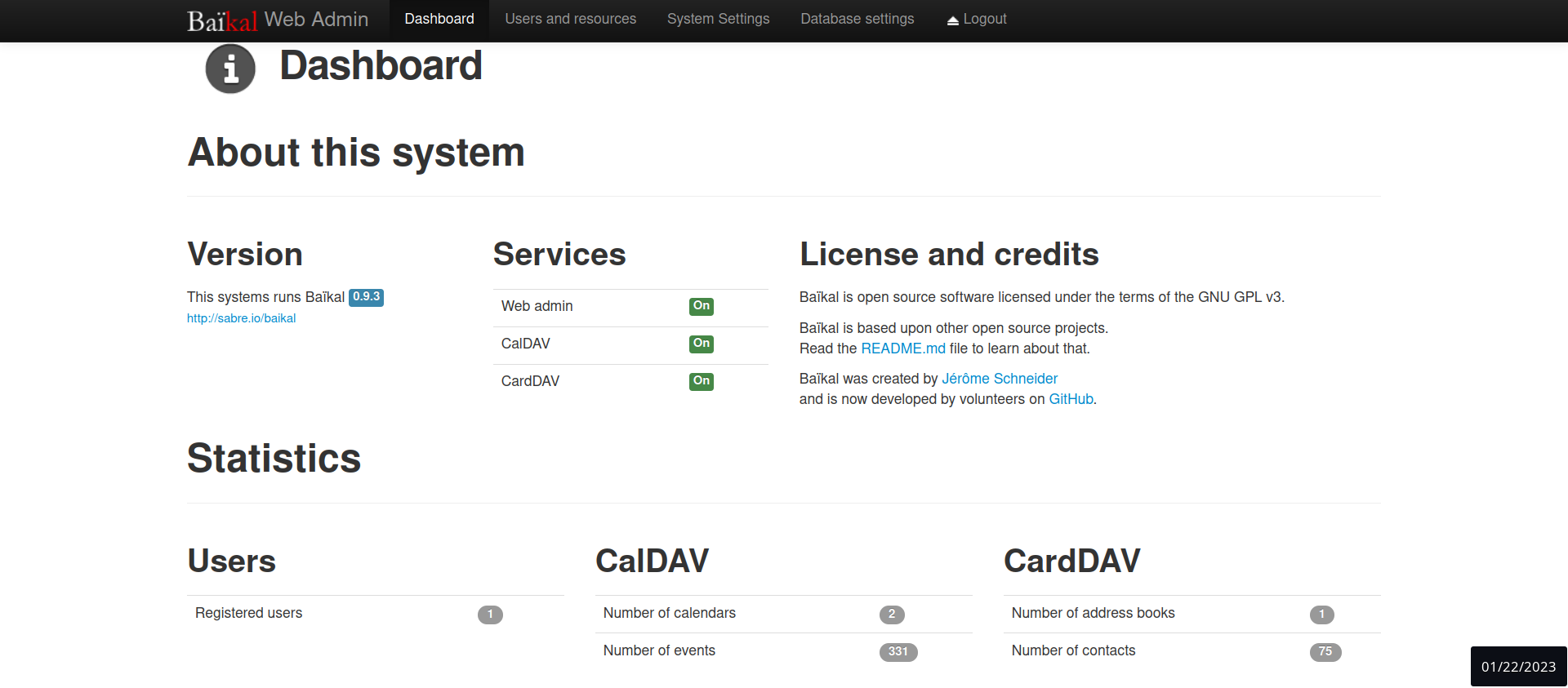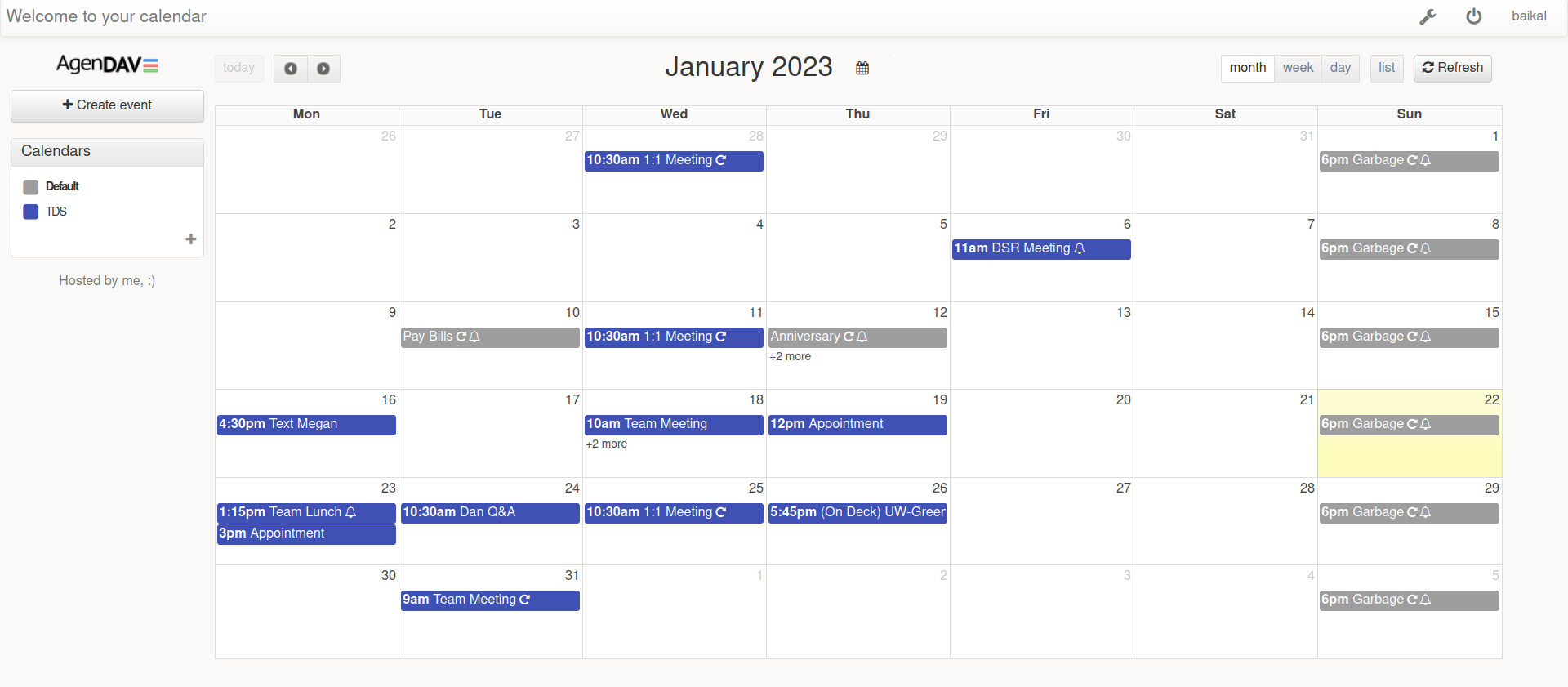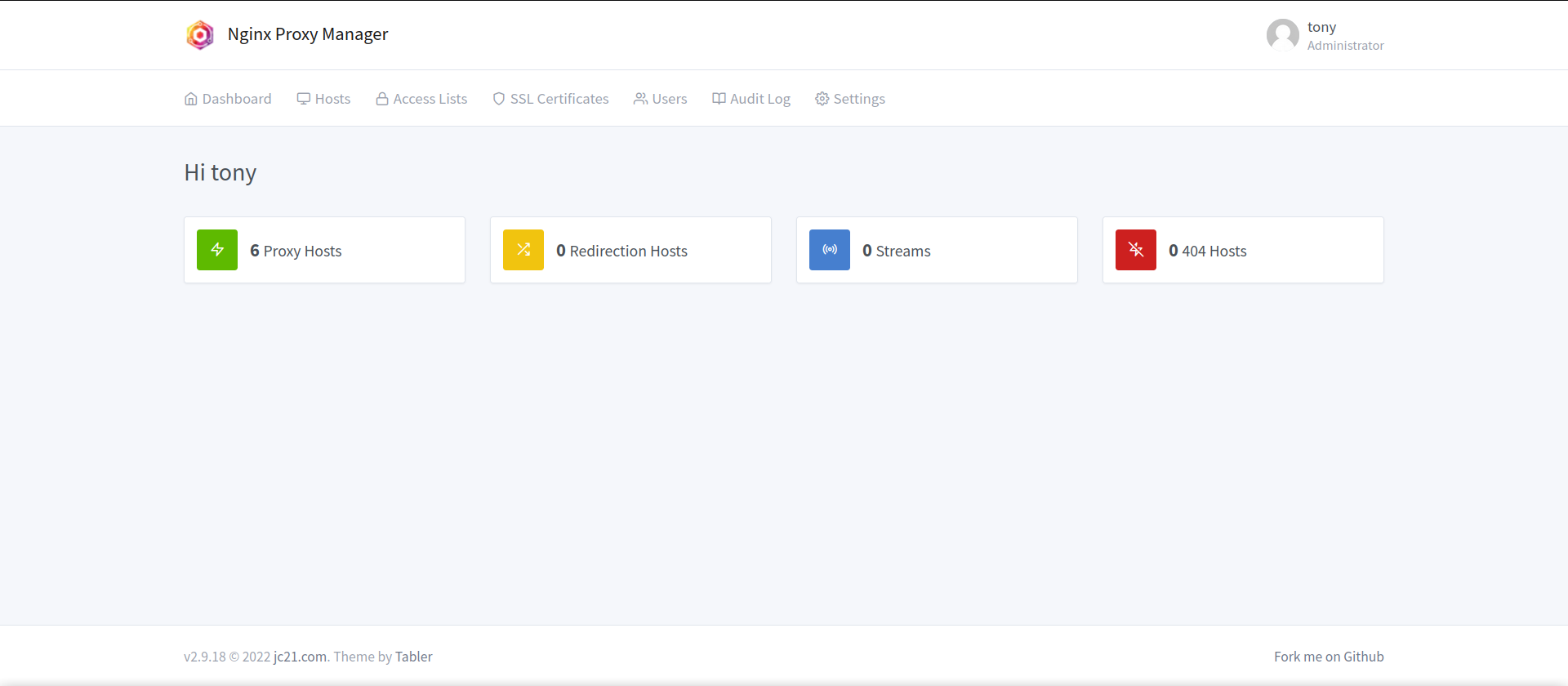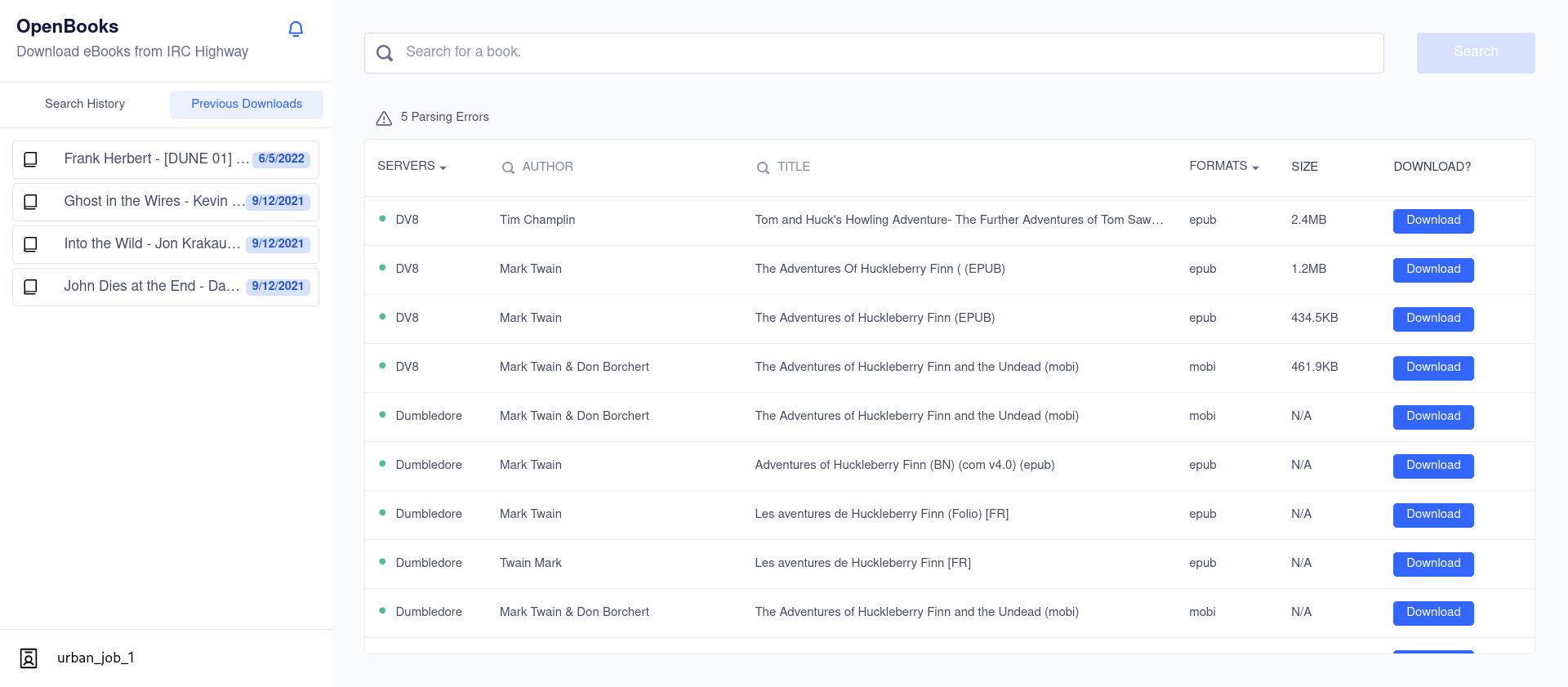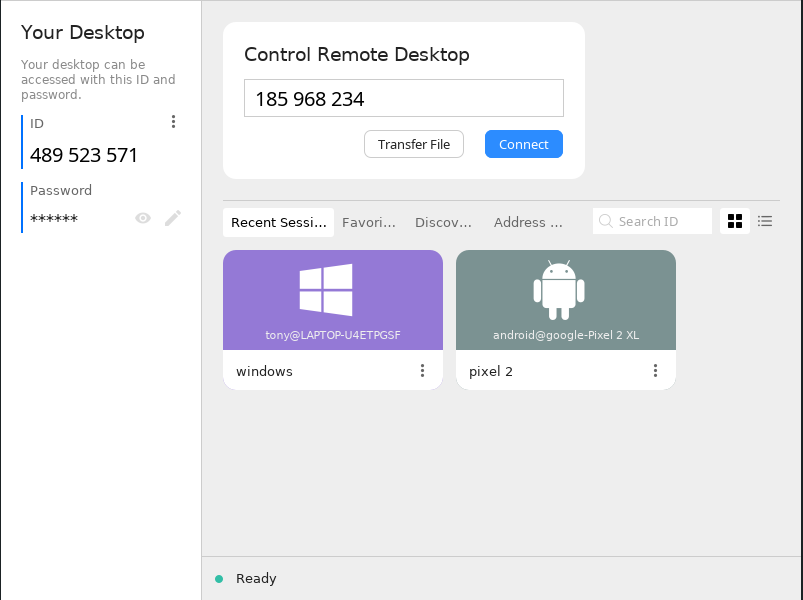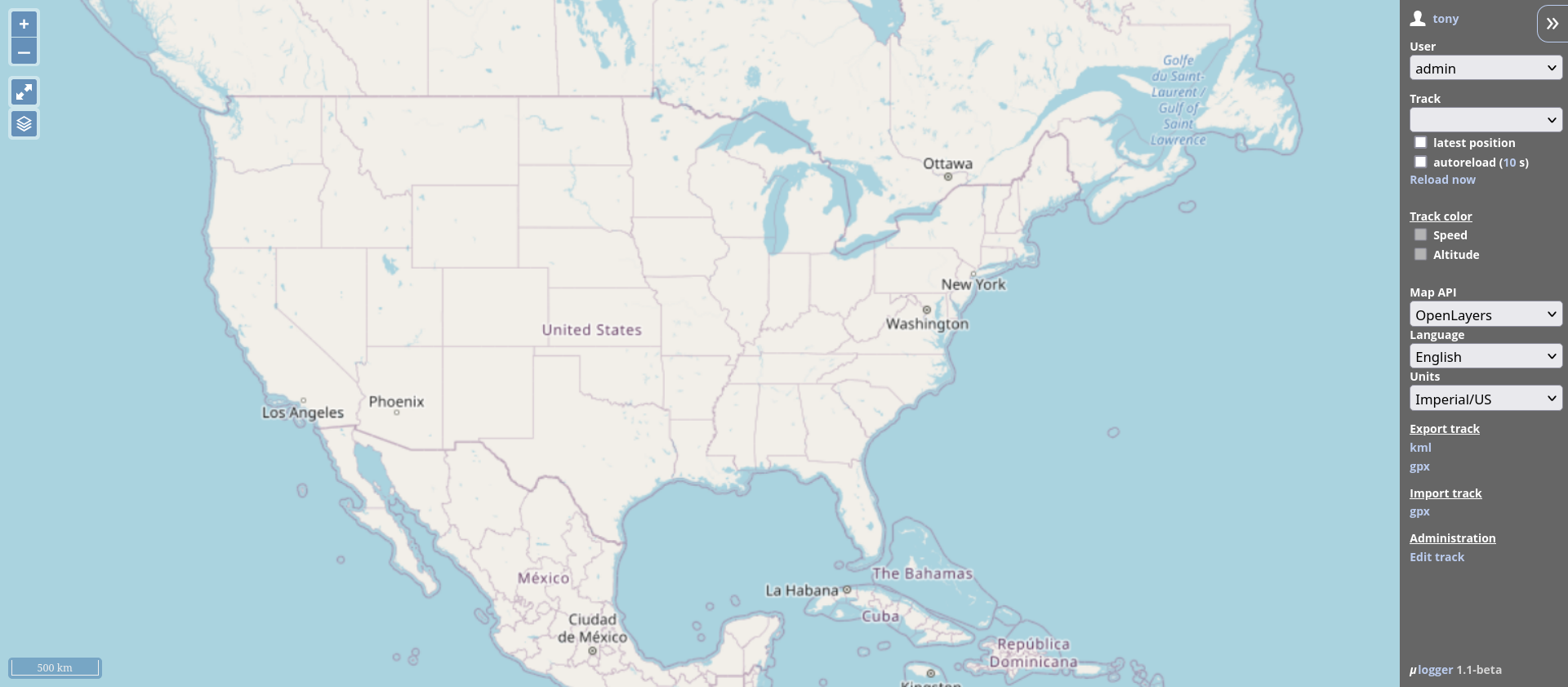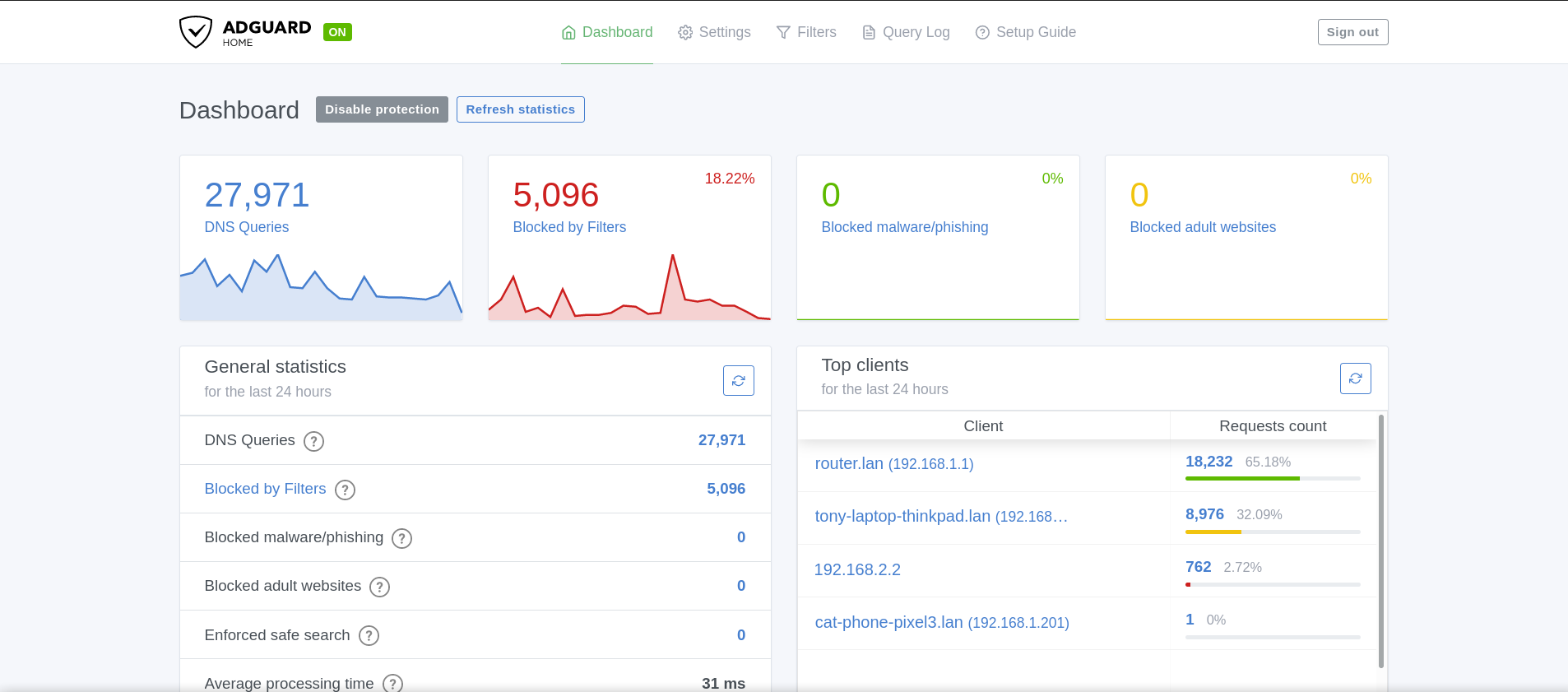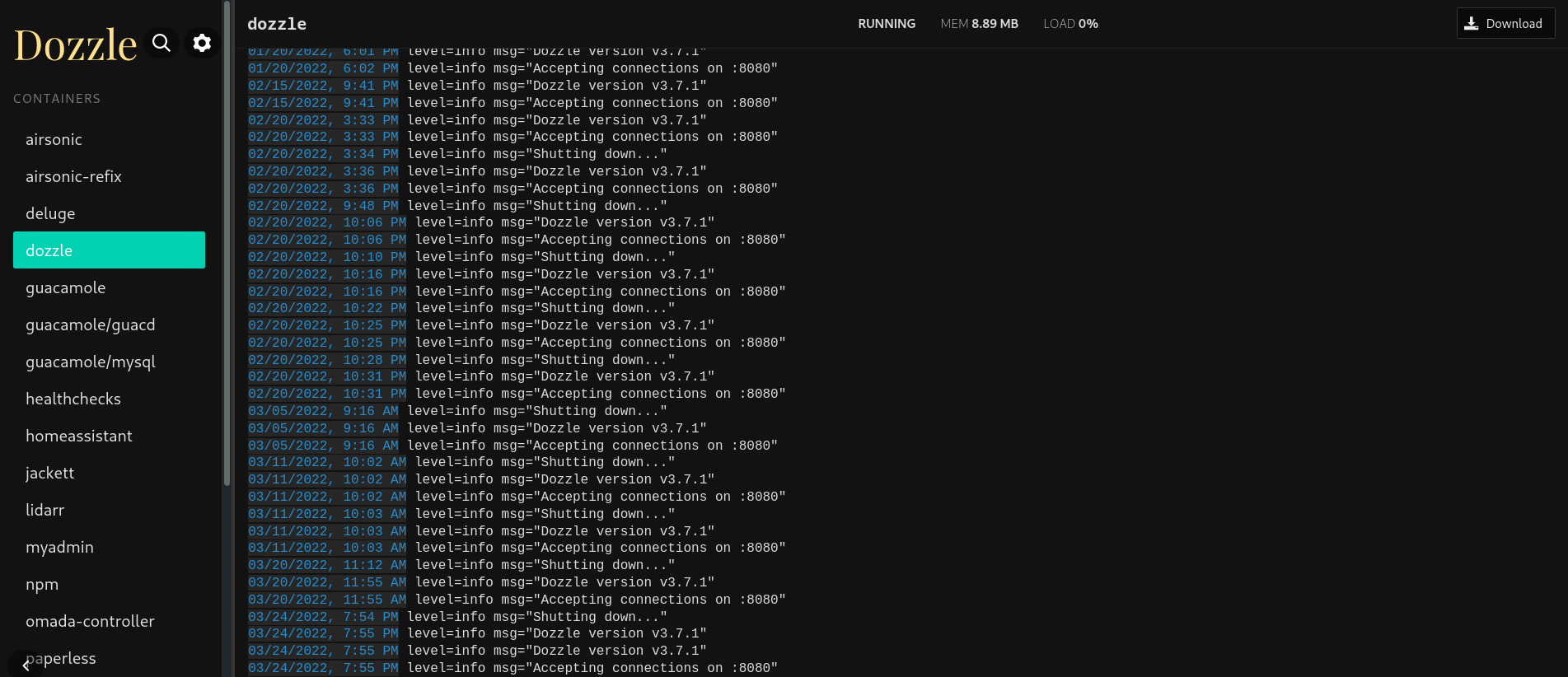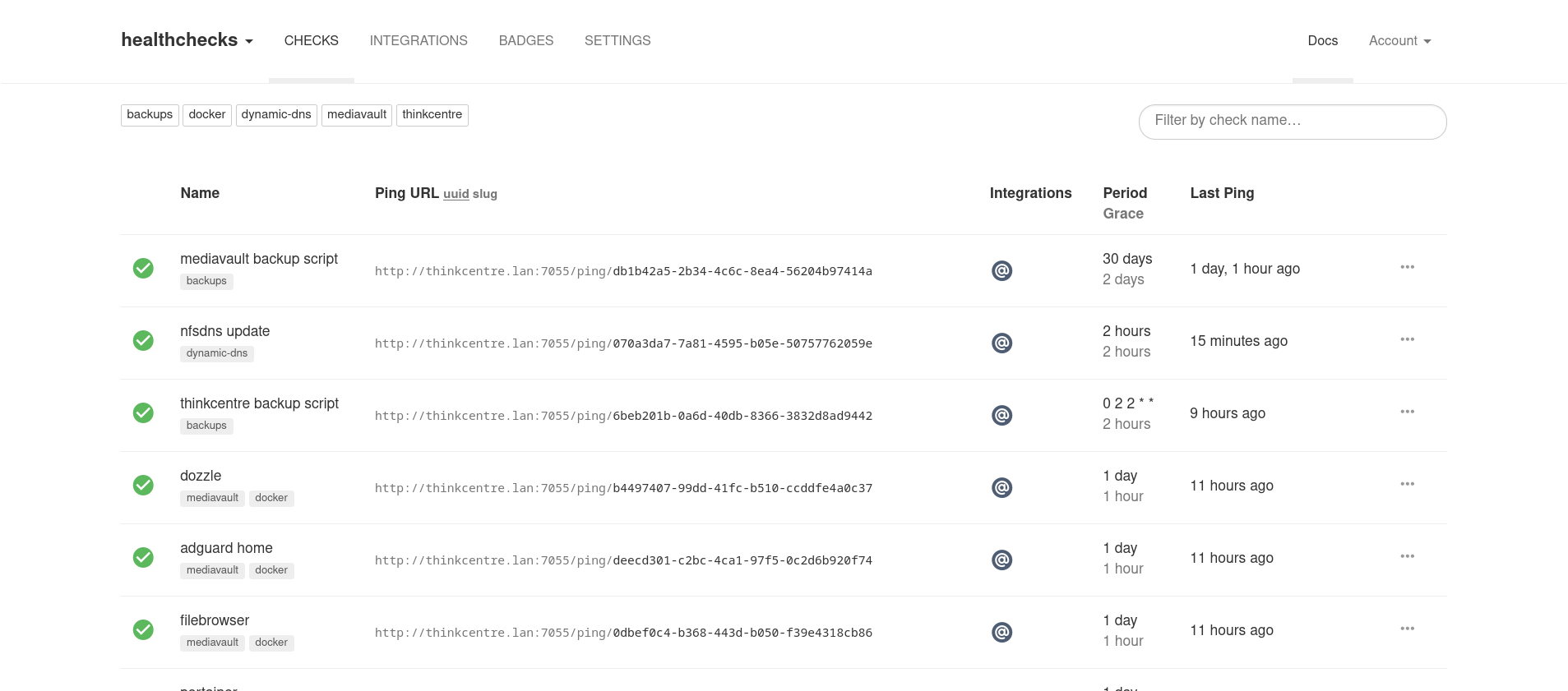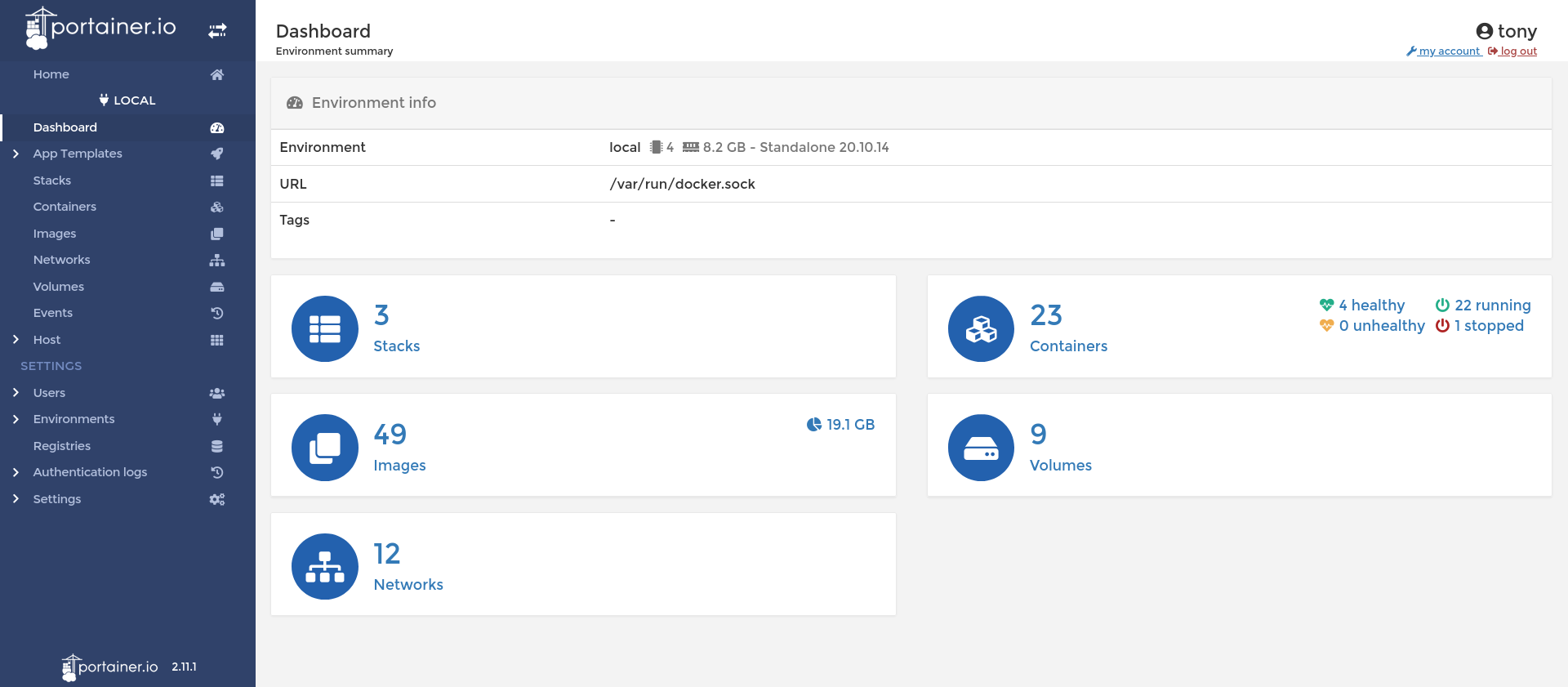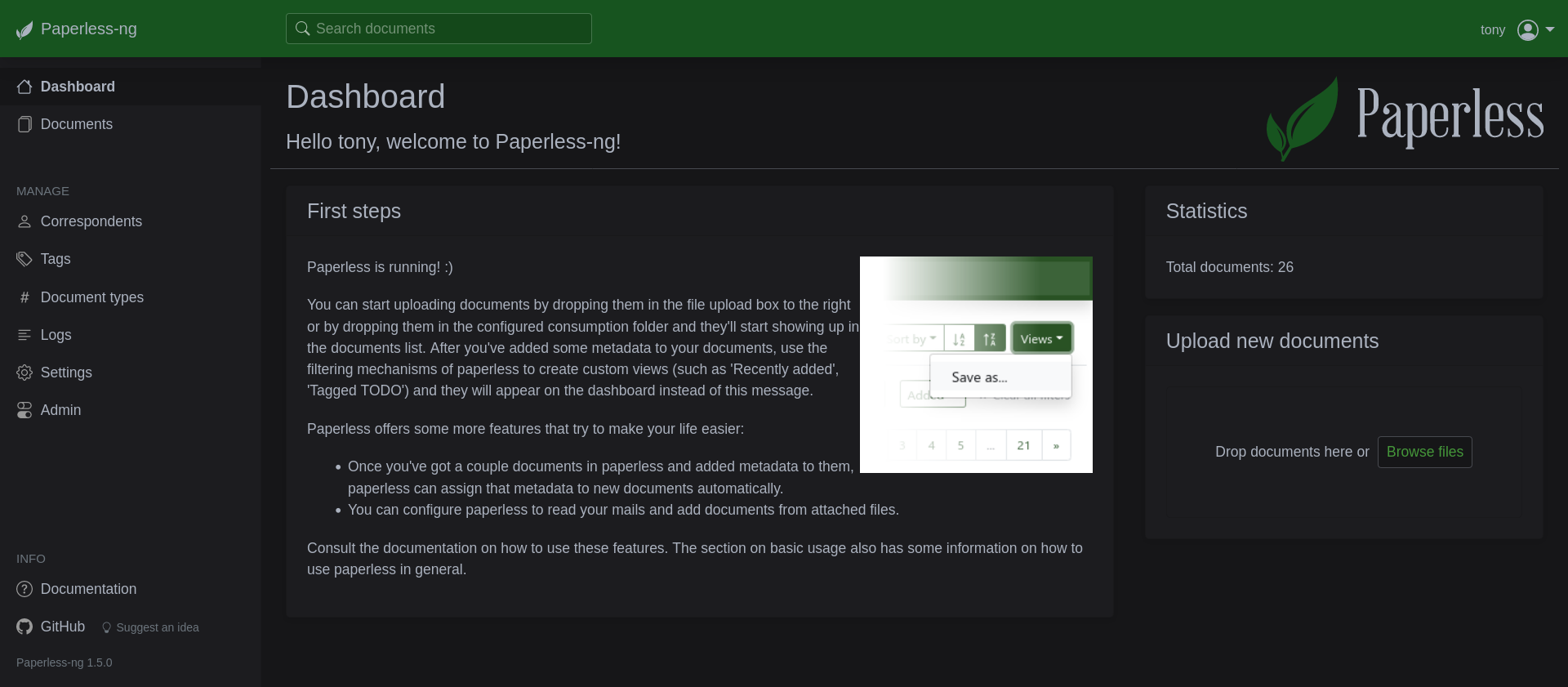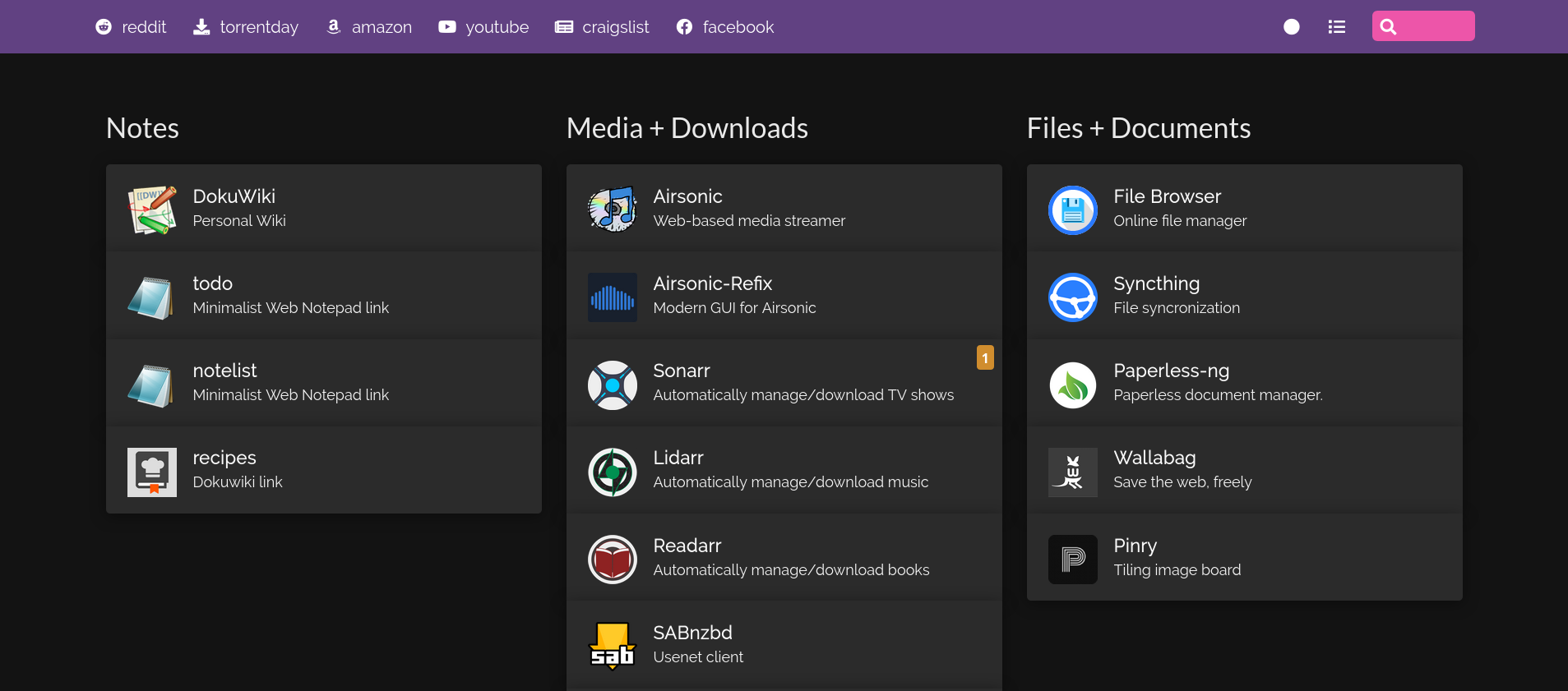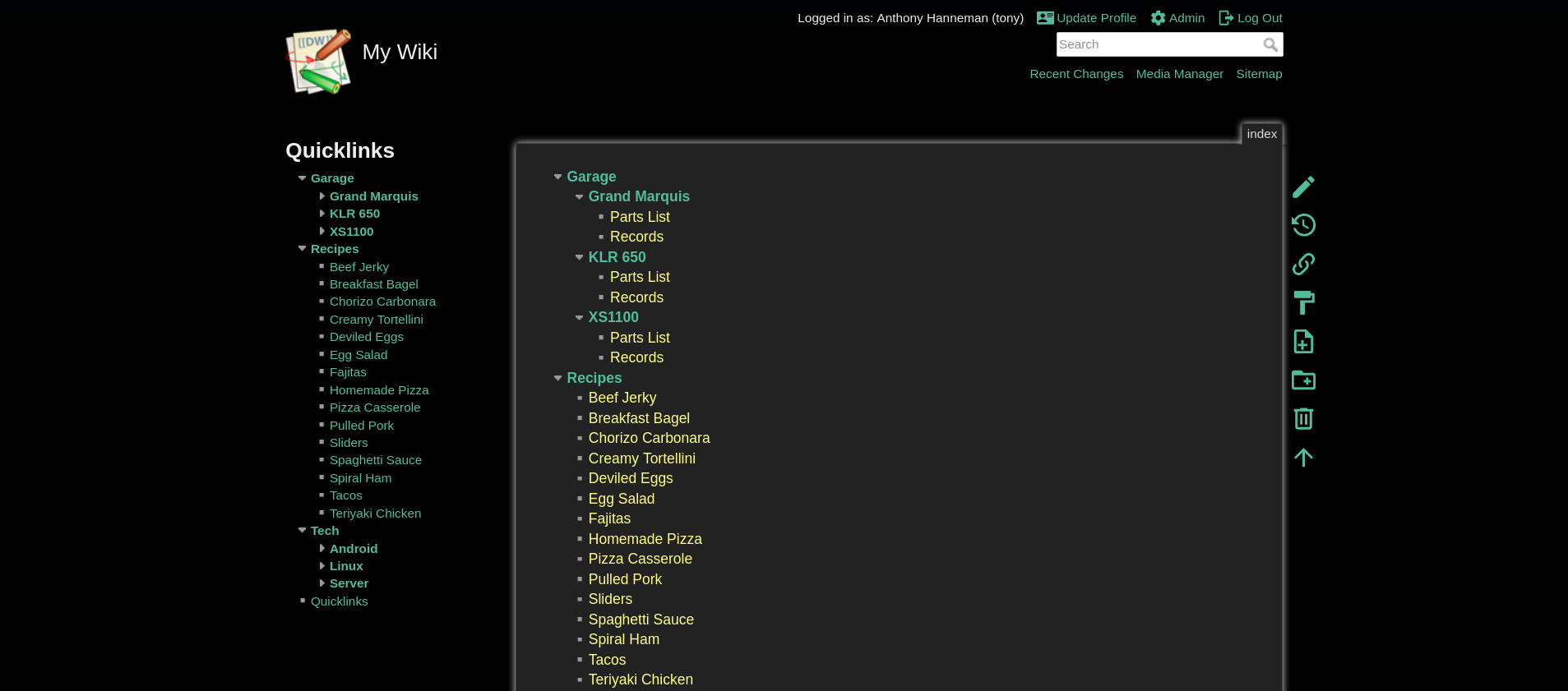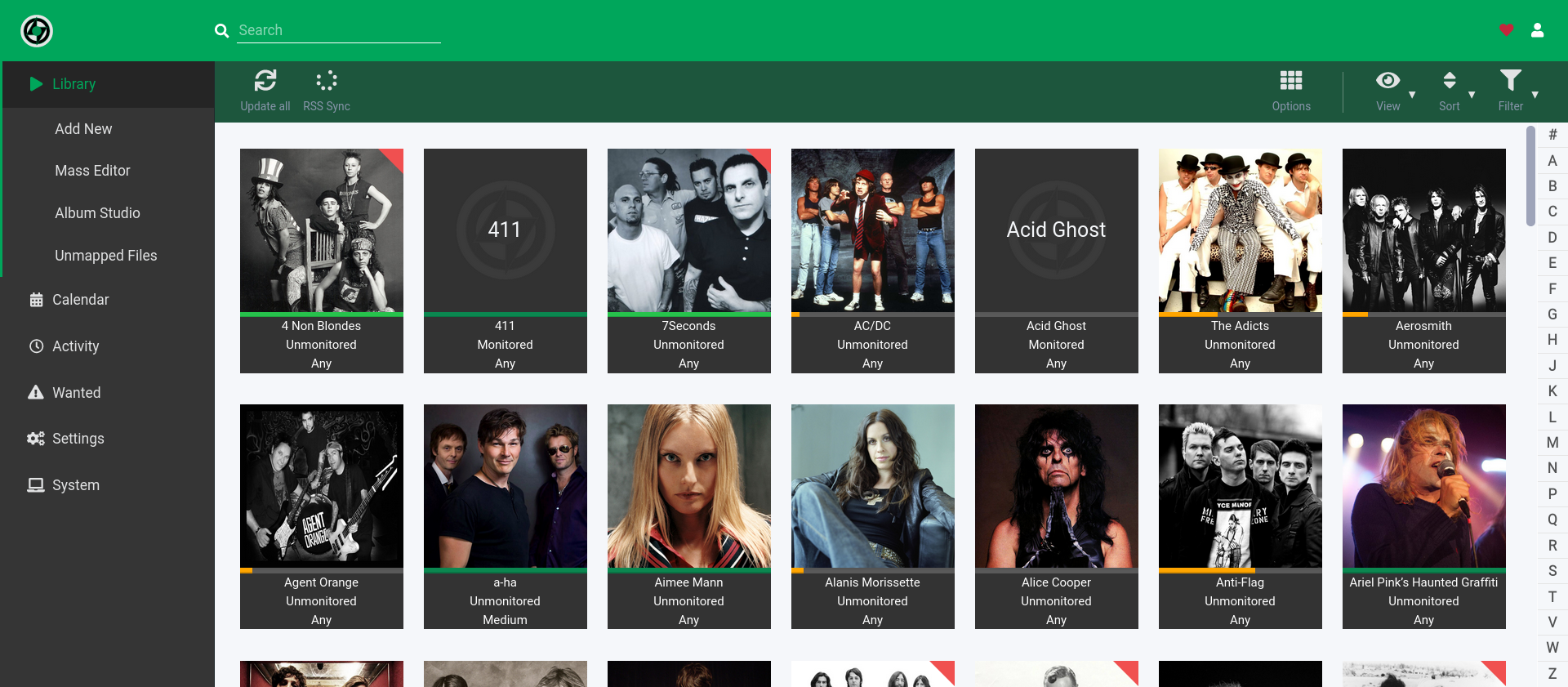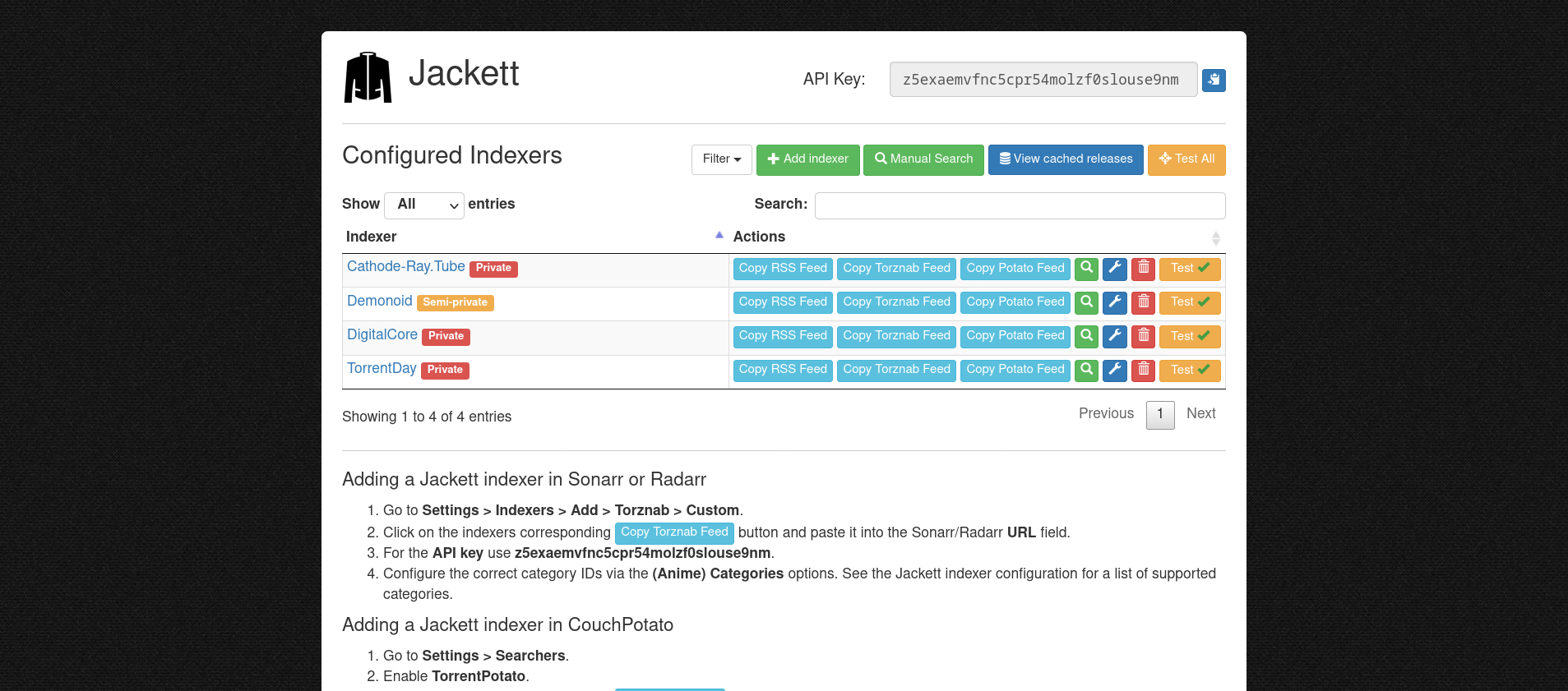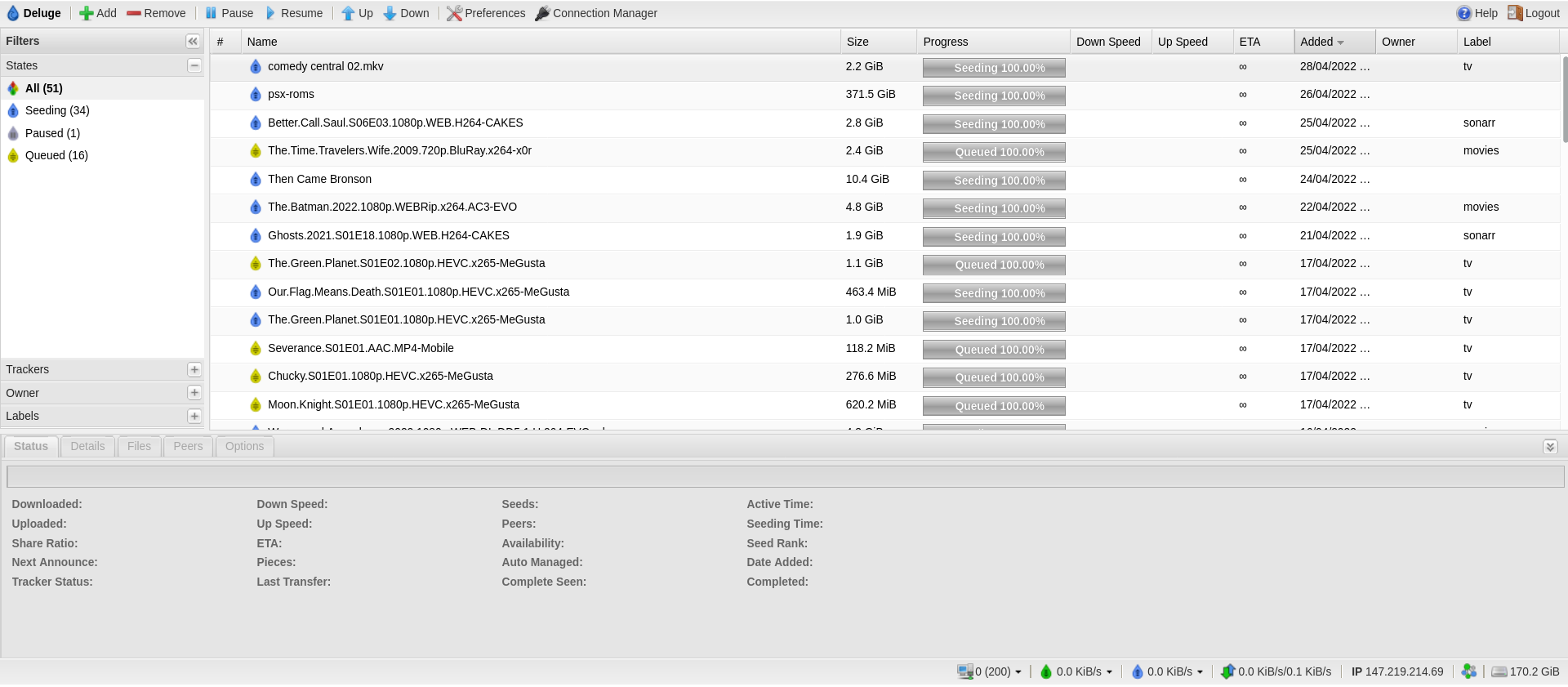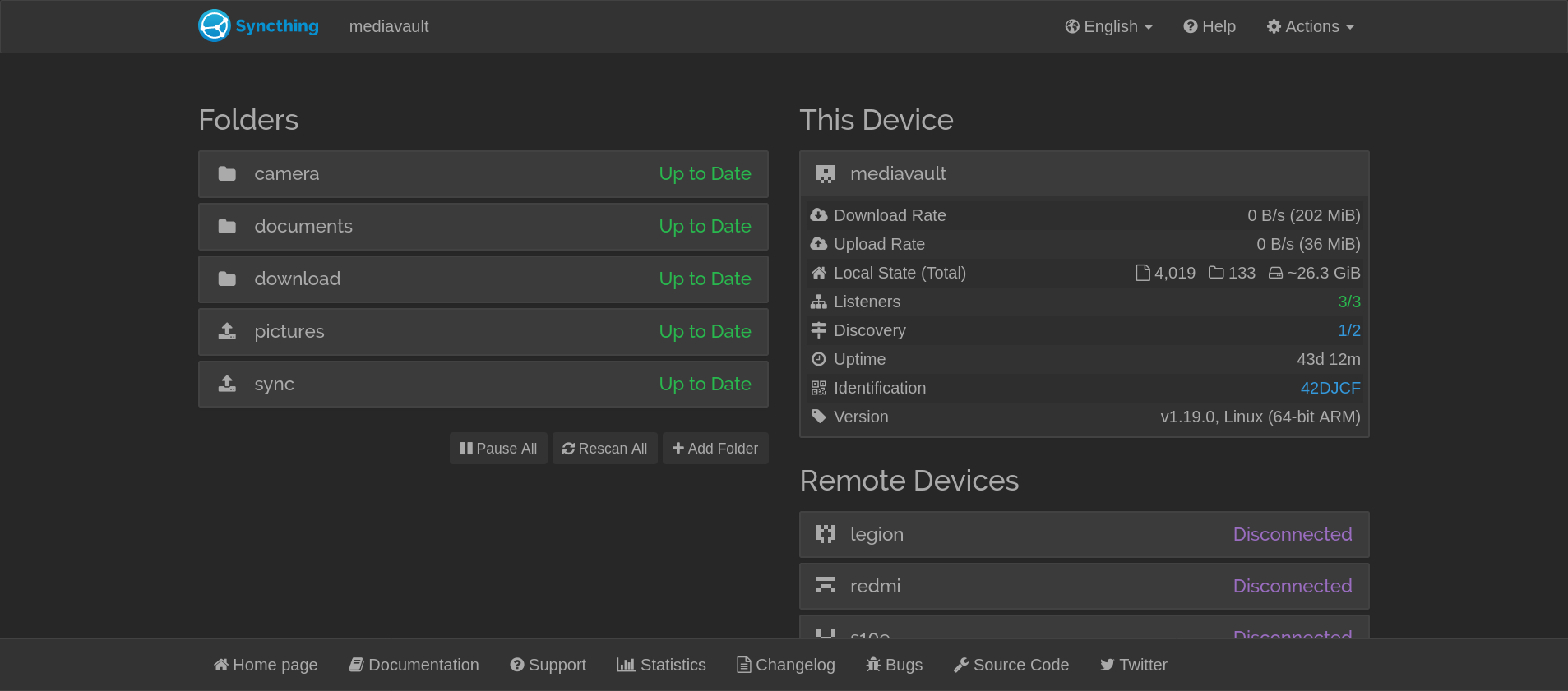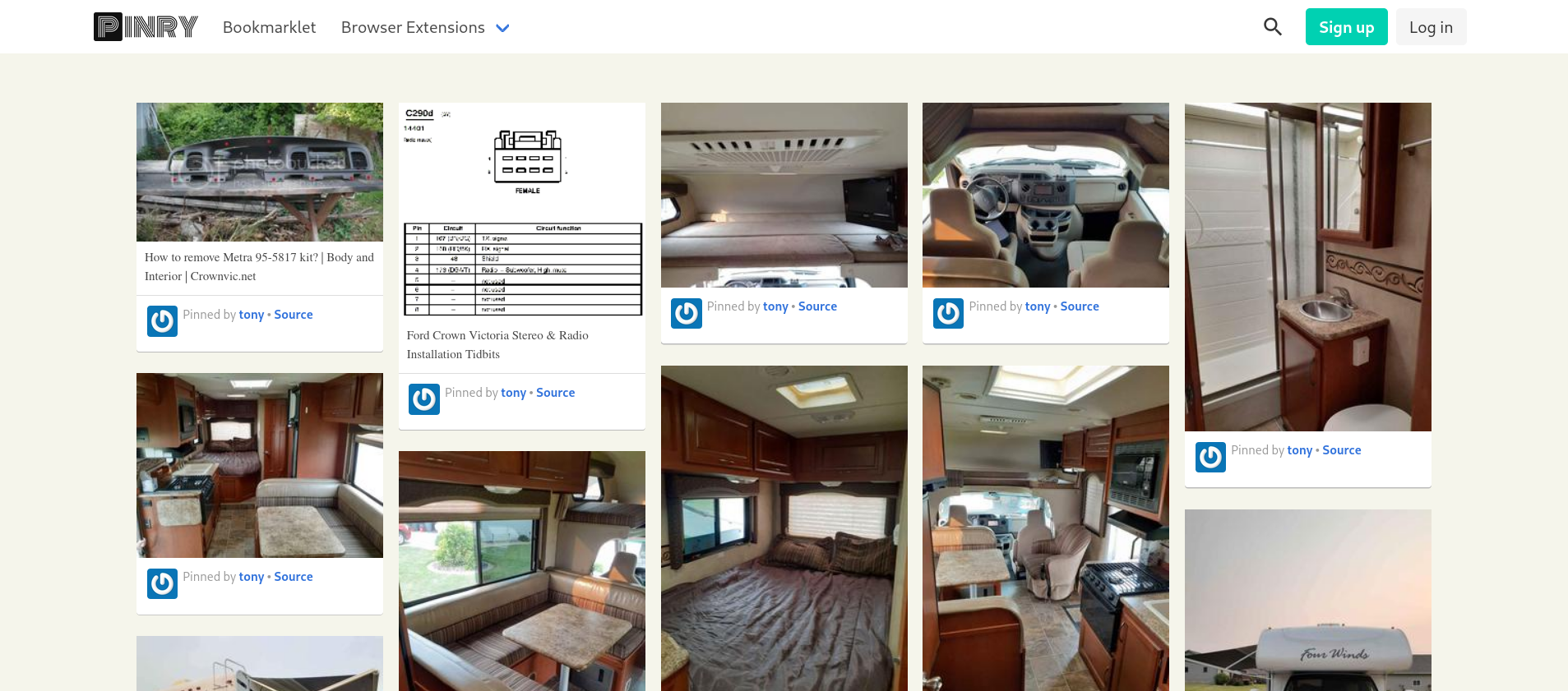Favorite Self-hosted Services
Over the last few years I’ve been getting more and more into self-hosting. This is the process of running your own cloud-like services yourself, on your own network to gain privacy and control over your data. I feel this is important in this day and age where services are whimsically shut down and users are left with no recourse and every major company is tracking you. When you host it yourself, you control it, no one can shut it down, and no one can track you.
This will be an up-to-date list on my favorite services that I am currently selfhosting, and future additions will be added at the top. For a more comprehensive list of selfhosted services, check out Awesome-Selfhosted.
Home Assistant (video)
Control your IoT devices and setup automations. I use it to control my lights, cameras, door locks, vacuum, thermostat, and other smart devices completely locally. Check out my video to see some of the things you can do with it.Frigate
A security camera NVR that can do local object detection with a Coral TPU. This means it can detect things like people, dogs, cats, squirrels, bananas... the list of objects is extremely impressive. And it does it all locally without any requests to the internet. This also integrates really well with Home Assistant so automations can be setup based on this object detection.Homebox
A home inventory system. I use it to keep track of motorcycle parts that I have, where they are located, and in what bins. I may use it to inventory other household items in the future.Borg Backup
Proper backups are a must, and this is a tool that takes care of it. It offers great features like deduplication, compression, and encryption. And it is easy to script and automate it.Trilium
A note taking service that organizes notes in a tree hierarchy, and has a unique relational map overview. It has many other great features, you just have to try it. I use it for keeping track of my various projects.Adminer
A webGUI for databases. Previously I was using phpMyAdmin but that only supports MySQL so I switched to this which supports all the major databases. And it's a single php file that you can drop into your webserver!Immich
It's a great Google Photos replacement! And I'm really happy that it now allows the ability to use your own directory structure and manual syncing. I use syncthing to do the actual syncing from my phone to my existing directory structure, and then the server is scheduled to run the immich import and update the library from a cronjob.Baikal
A lightweight CalDAV and CardDAV service allowing you to host your own calendar events, tasks, and contacts. I put this off for a long time, but it feels good to be in control of that data and no longer give it to Google.AgenDAV
A web calendar that connects to your CalDAV service making it easy to see and manage your calendar from any browser.PhotoPrism
A very good photo manager meant for managing large photo collections. It can do automatic facial recognition and image classification. Has a map display, and a lot of other cool features. It's a good replacement for Google Photos.Nginx Proxy Manager
A GUI for setting up proxies. I use it to forward subdomains to my selfhosted services. For instance, I can type in *airsonic.home.lan* and it will forward me to the correct server and port for airsonic.OpenBooks
Download eBooks, arr.RustDesk
Remote control software (like Remote Desktop, Team Viewer, etc.) that works on Windows/MacOS/Linux/Android.ulogger
Real-time GPS logger. I'm using it to track motorcycle rides.AdGuard Home
Blocks DNS requests to known advertisers. All DNS requests on my network run through it. I also am using it to block Amazon from updating my FireSticks.Dozzle
Easily access logs for your docker containers, great for troubleshooting when things are not working properly.Healthchecks (video)
A monitor to keep track of the up/down status of all your services and scripts... and be notified if they go down or fail to run.Portainer
A WebUI that allows you to manage docker containers.WireGuard (video)
A fast, secure, and reliable VPN that allows me access to all of my services at home when I’m away without having to actually expose those services to the WAN. My phone automatically connects to it as soon as it disconnects from my home WiFi with Tasker. It also allows me to remain secure while connected to unknown WiFi access points on my laptops.
SSH Tunnel
It runs on port 443 and can be used in the same way as the VPN to connect back home and also to bypass firewalls that are doing deep packet inspection and actively blocking VPNs.
Paperless-ngx (video)
Instead of having a filing cabinet full of paper documents, I scan them with my phone and upload them, or download the pdf manual of the product and upload it. Paperless-ngx allows you to tag the scans, add descriptions, dates, and more. It also has OCR which means that you can run text searches on all your scans. So if you upload a bill from Some Company, LLC you can just search for "Some Company" and it will list all the documents that have those words in them, or your motorcycle battery died under warranty, just search for "battery" and find the receipt for it. I've been scanning receipts, manuals, and anything else I feel I might need later.Homer Dashboard (video)
A simple dashboard for quick and convenient access to all my services.nginx
It’s a load balancer and web server. I use it to serve up the Homer dashboard and Dokuwiki and some other services.
DokuWiki (video)
It's a way to organize information, I started with Bookstack but now prefer this. I use it to keep track of how I solve problems on a computer or how I set something up on a server. I also similarly keep track of vehicle maintenance and upgrades and other projects with it.AirSonic (video)
Allows me to stream my entire music collection and have access to it everywhere I go. Think of it like running your own Spotify service.Minimalist Web Notepad
A simple notepad that can be opened from any browser. It saves/opens files based on the URL and it’s very fast, I use it for quick notes that don’t need to go into DokuWiki. There is also a fork of this with a few more features like a note list, password protection, and more.
The Lounge
It’s an IRC client, I like both this one and quassel, but this is what I am currently using.





